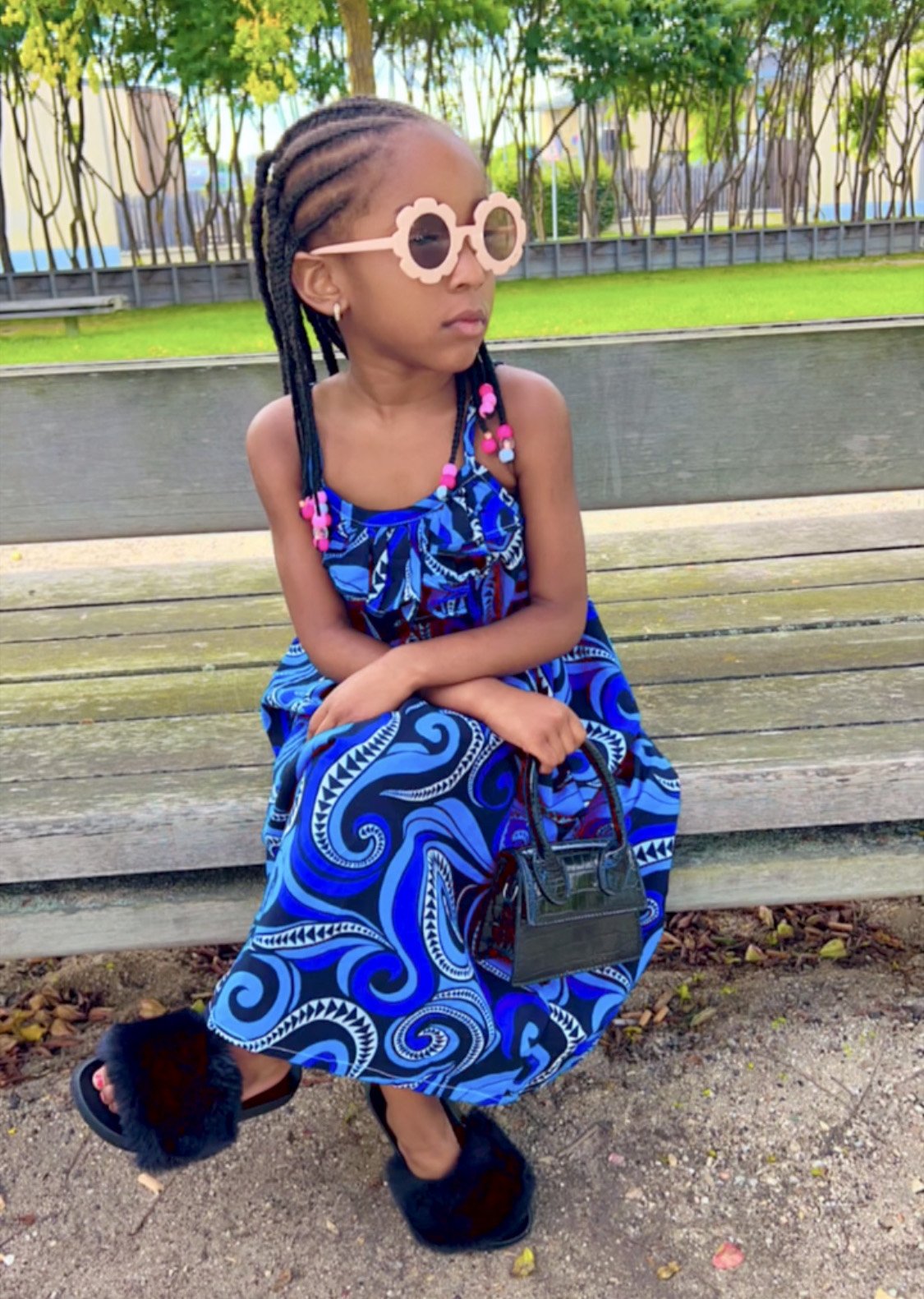
How are things now?
After most families had to spend 2, 3 or 4 years in tent camps and received multiple rejections, good news came in. Unexpectedly, Greek authorities - especially on the islands - started issuing Greek temporary residence permits at a rapid pace, presumably to relieve the pressure on the islands. Some of the families from the project were among them.
With this permit - valid for a stay of three years in Greece - the parents had the chance to be able to leave the camp and the island, live and work anywhere in Greece, and their children could attend Greek elementary school. The permit also gave them the right to travel and fly throughout the EU. However, they were not allowed to stay in another European country for more than 90 days or to work there, because this permit is not a European passport.
You would hope that this permit would put an end to the uncertain time, but as status holders (former refugees), the families had to leave the camp officially within a month and their UN cash card (about 75 euros per month per person for living expenses) was stopped. Because once you are a status holder, you have to find your own way immediately.
As a status holder, you start at the very bottom of Greek society, which is already struggling with an unemployment rate of 12%. Past diplomas are not valid and you do not yet have a network. For these reasons, many status holders do not manage to find a job in order to rent a house, despite integration programs from organizations such as the IOM. As a result, a part of the status holders live on the streets again, now wíth a residence permit, but completely dependent on local NGOs. It is estimated that more than 25% of them have no housing in Greece.
Because of these poor prospects, and to prevent their children having to learn the Greek language for their school, most parents in this project have taken a different route. With their new permit, they traveled to another country with better prospects to try to apply for a new residence permit there, despite the ‘Dublin Regulation’ within the EU which states that people can only apply for asylum in the first European country of arrival. Here they again found themselves in asylum centers, with the fear of being forcibly sent back to Greece. After waiting for a while, most families received a positive answer.
Nazir-Ahmad and his family now live in Switzerland because his wife Asma's mother was in an asylum-seeking center there. Zahra received a residence permit for Germany after waiting four months. During those months, her daughter Kimiya learned fluent German through an app on her phone, giving her the opportunity to attend grammar school. Fabiola managed to get on a Canadian government list that allowed a group of refugees to come over. She is now in Victoria studying to become a real estate trader. Latifa, Fatima and Iman and their families were granted residence permits in Germany too after a year of waiting (follow updates on the parents via Instagram)
All in all, this sounds positive and it is. The parents write us that they are happy to see their children picking up the rhythm, learning the language and making new friends at their school. All the children are doing well. But we also hear the parents. For them, after years of surviving in life-threatening situations, it is not easy to end up in a new country with no network, a foreign language and a different culture. In the calm that prevails, the past resurfaces. Then the realization dawns that life will be forever different without their homeland, family and friends.
Even though the families in this project are now in a safe environment, we and the parents all agree that their stories are still very relevant. Even now, there are thousands of parents and children in exactly the same situation in Greece as these parents once were. Their stories need to continue to be heard.
Updated: September 2024





































